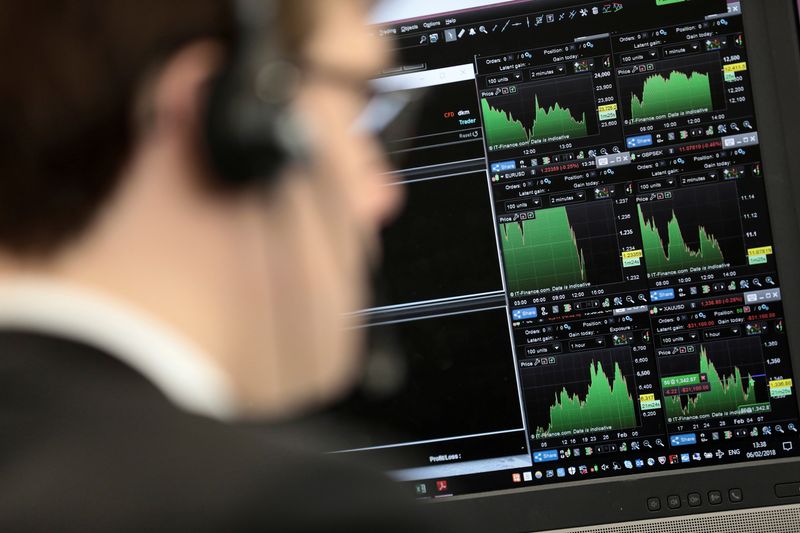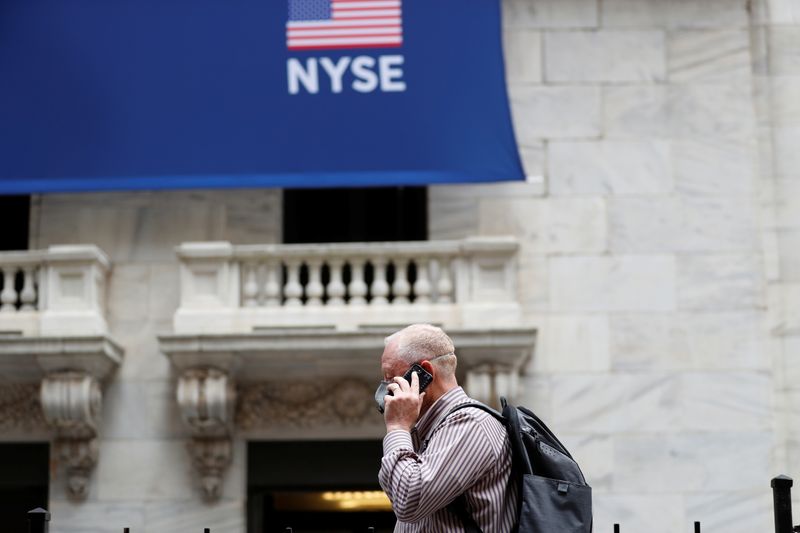By Saikat Chatterjee
LONDON (Reuters) - The coronavirus pandemic has dealt a body blow to the quantitative model-based style of investing, with a majority of the firms using such strategies negatively impacted, a study by Refinitiv has found.
In a report, financial data provider Refinitiv said 72% of such investors were hurt by the pandemic. Some 12% declared their models obsolete and 15% were building new ones.
Machine-learning refers to the use of complicated mathematical models and algorithms based on historical data in order to make predictions without being explicitly programmed to do so.
While such machine-driven models had success in the past as historical correlations among different asset classes held firm, they have suffered in the wake of the pandemic as these linkages have broken down.
These quantitative models have also suffered in 2020 as the amount and complexity of the inputs that go into such algorithms to generate trading signals have exploded in recent years.
"COVID-19 presented a large shift in many of the market dynamics and many institutions would have had to revisit a large portion of the models that they had in order to make them cope with what has been extreme market events," said Amanda West, global head of Refinitiv Labs at Refinitiv.
A majority of the respondents said the major focus areas in the next two years in the field of data strategy will be to extract more value from data and ramp up the speed of processing. The average size of data science teams in companies have more than tripled to 7.1 in 2020 from 2.7 in 2018, the study found.
The survey was conducted via 423 telephone interviews of senior executives and data-science practitioners across various financial services firms between June 29 and Aug 14, 2020.
Machine-learning has long been the mainstay of deep-pocketed hedge funds, which have combined complex algorithmic strategies with financial data to make big bets on markets.
But the coronavirus pandemic has fast-tracked the adoption of new technology across the financial industry, though the lack of quality data will be the main distinguishing factor between firms in the coming years.
The number of firms that only use unstructured data has shot up to 17% in 2020 from 2% in 2018, while only 3% of the firms surveyed said they do not use alternative data sources compared to 30% in 2018.

"Those who have instituted careful data governance processes will be far more likely to succeed in this game than those who haven't because rubbish in is rubbish out in the world of machine modelling," said Refinitiv's West.
